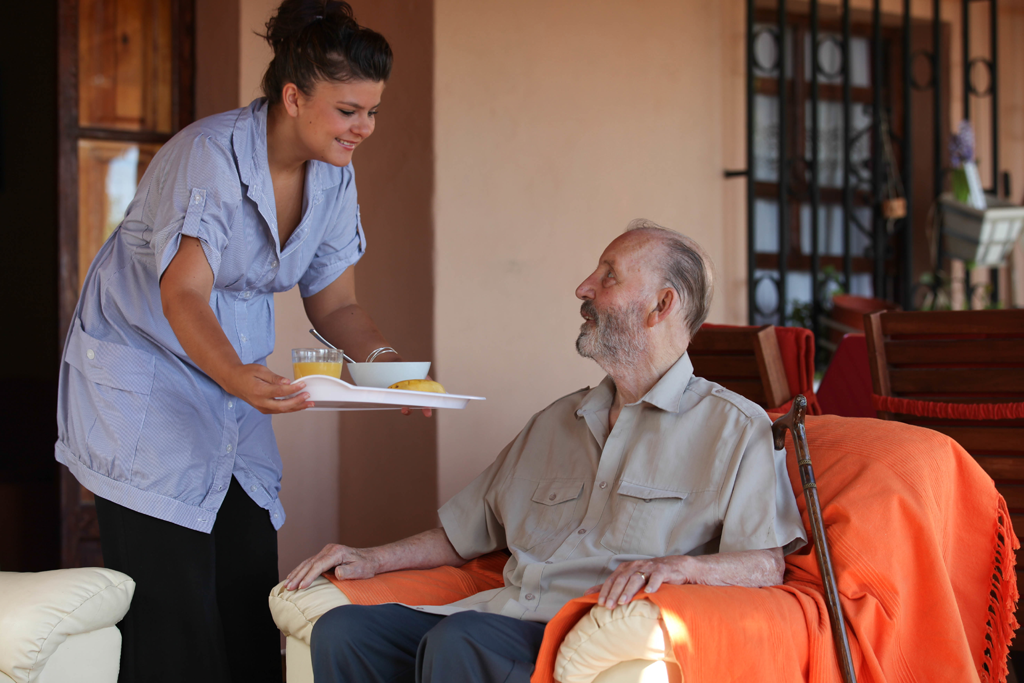If you are reaching the age of retirement, one of your worries becomes whether you live in your home for long or move or be moved to a nursing home.
Of course, you probably want to stay in a familiar and cozy place for you which you have lived for a long time which is your home.
This has become easier as there are in-home care providers who tend to seniors’ needs while they stay in their own homes.
While keeping your independence, you are doing so in the house you have invested in and have created memories which meant so much to you.
In-home care providers come to you at your home and help you in your daily activities as they become more difficult. The demand for in-home care providers is projected to rise as the generation of baby boomers are nearing retirement.
Expectations
One of the reasons why 90% of seniors prefer staying in their homes is familiarity.
They have become so comfortable in their homes that it will be another adjustment for them to transfer to a facility they have nothing in connection with.
There are cases when seniors are recuperating from having been in the hospital.
The psychological comfort the home provides aides their recovery while the physical therapist or doctors also conduct their scheduled visit to them at home.
Other benefits, of course, of in-home care are lower medical bills, quality of life, and convenience.
Studies have consistently shown that seniors who prefer to spend their retirement time at home than in-care facilities are living with greater satisfaction.
Home Care Services
There are home care agencies who offer programs to the customers need based on their conditions.
The common programs which most seniors are taking advantage of include word games, hobbies like painting, scheduled walks, and church with a caregiver.
Other services the seniors need in their daily activities are companionship and transportation. They also need assistance in preparing their meals.
Home care services which some agencies provide are educating the caregivers as well the patients. There is a need for therapists for cognitive and physical therapies.
Medical personnel is also needed to manage catheters and IVs. They also will provide medical care for any wounds from an injury or surgical operations. Also, there will be routine monitoring of blood pressure and heart rate.
Professional Care
One of the types of in-home care is licensed professional medical care. A senior who is physically healthy does not necessarily need medical care even when there is a common case such as Alzheimer’s.
Medical professionals who will tend the medical needs of their patients are all across the spectrum.
Depending on each patient’s need, a licensed medical professional from therapists to nurses to physicians is available to provide the medical care a senior needs at home.
Paraprofessional Care
Another type of in-home care is non-medical paraprofessional care. The aides provide the senior with assistance in their activities of daily living (ADLs) from bathing to grooming to using a wheelchair or walking.
These professionals could be companions, health aides, attendants, or homemakers.
There are also instrumental activities of daily living which these professionals aid the senior with such as doing the laundry to transportation to managing their medicines.



